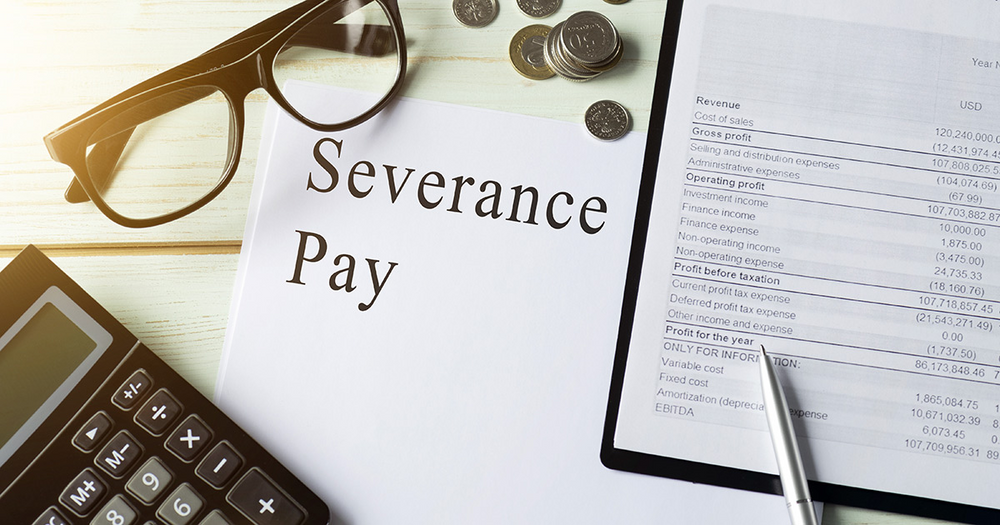Table of Contents
The term “severance pay” refers to pay given to employees after they are terminated from their positions. Severance pay is typically paid when an employee is terminated from a job because of factors such as downsizing or job elimination rather than their own choice. Severance pay can be paid immediately or over time to employees.

Is Severance Pay Required?
In general, severance pay is not required in any state under normal circumstances, which is why many employers do not offer it. Severance pay may be appropriate for certain employees regardless of whether they receive it as a benefit of employment, such as when policy or structure is altered, or if an entire workforce must be terminated because of a merger. Otherwise, severance pay may be offered as an employment benefit.
Why Provide Severance Pay?
Severance pay is a courtesy provided to employees to allow them to look for a new position without suffering financial hardship. Providing severance pay can encourage top talent to join a company and entice employees to stay, rather than flee – particularly if it’s combined with other attractive benefits.
Release from Claims with Severance Pay
Severance pay may serve as an insurance policy against lawsuits for employers. Since employees can sue a company and cost it money in court fees, regardless of the validity of the claim, it’s sometimes in the employer’s best interest to offer insurance. As a condition of receiving severance pay, employers typically require employees to sign a form waiving claims against them in the future.
How Is Severance Pay Calculated and Distributed?
In most cases, severance pay is calculated using a formula that takes into account how long an employee worked for the company. As a common practice, severance pay is given to employees after they have left their job for one or two years. Occasionally, sick time and unused vacation time are also included in severance pay.
Severance pay may be paid over a period of time or in a lump sum. Employees may benefit from receiving severance pay as a lump sum, as they may be able to collect unemployment benefits after receiving the payment. Severance pay may affect an employee’s ability to collect unemployment compensation or its amount may be lower if it is distributed over time.
Who Is Eligible for Severance Pay?
As part of the employment agreement, the requirements for eligibility to receive severance pay may be spelled out up front, such as working for the company for a specified period of time. A company that employs over 100 people and is terminating a large portion of its workforce will be subject to the Worker Adjustment and Training Notification (WARN) Act unless 60 days’ notice is provided prior to layoffs.
Severance pay isn’t standard with every company, but it can offer employees some protection and protect employers from lawsuits. Severance pay may give companies a competitive edge and perpetuate a compassionate image.
